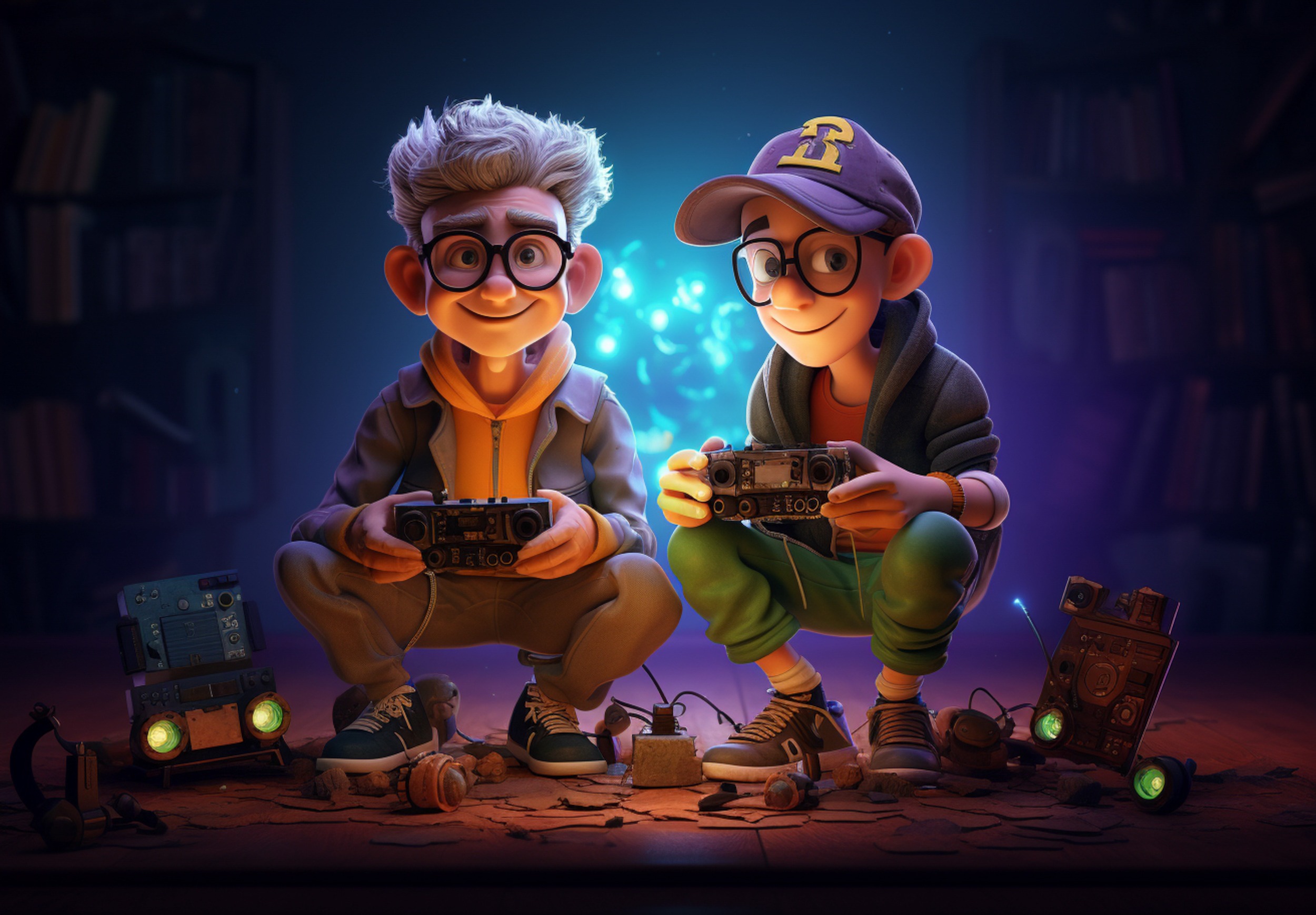
Have you ever found yourself saying, “Just one more round,” only to realize hours have passed? Whether it's the thrill of leveling up in an RPG, the satisfaction of solving a puzzle, or the rush of victory in a competitive match, games have a unique ability to keep us hooked. But what exactly makes games so engaging?Game designers don’t just rely on good graphics or fun mechanics—they apply psychological principles to craft experiences that players don’t want to put down. Let’s break down the science behind game addiction and how designers use it to create immersive experiences.
1. The Power of the Dopamine Loop 🎯One of the biggest reasons we get hooked on games is
dopamine, a neurotransmitter responsible for pleasure and motivation. Every time you achieve something in a game—whether it’s completing a level, unlocking a new ability, or winning a match—your brain releases a small dose of dopamine.This forms a
reward loop that keeps players engaged:👉
Action → Reward → Motivation to Play MoreGame designers optimize these loops by spacing out rewards in a way that keeps players engaged for longer. If rewards come too frequently, players get bored. If they’re too rare, players get frustrated. The sweet spot?
Variable reward schedules, where rewards are unpredictable (like loot boxes or rare drops).
2. The Psychology of Progress & Completion 📊Humans have an innate desire to
complete tasks and make progress. This is why checklists feel satisfying and why unfinished goals stay in our minds (a principle known as the
Zeigarnik Effect).Game designers use this principle through:✅
Progress Bars & Leveling Systems – Seeing a bar fill up towards “Level Up” keeps players invested.
🏆
Achievements & Collectibles – 100% completion gives a strong sense of accomplishment.
🎯
Daily Challenges & Streaks – Players don’t want to break their streaks, keeping them coming back.A great example is
Battle Pass systems in modern multiplayer games, where players feel compelled to log in regularly to maximize their rewards.
3. Uncertainty & Surprise: The Hook of Random Rewards 🎲Games often use
randomized rewards to create excitement and anticipation. This is called
variable reinforcement, and it’s the same reason gambling is addictive.🎁
Loot Boxes & Gacha Mechanics – Players don’t know what they’ll get, but the chance of a rare item keeps them engaged.
🦸
Randomized Drops in RPGs – The thrill of finding legendary gear keeps players grinding.
📍
Surprise Events & Secret Unlockables – Hidden content gives players a sense of discovery.This technique taps into
FOMO (Fear of Missing Out)—players don’t want to miss out on a chance for something valuable.
4. Social Triggers: Why We Play With Others 👥Humans are social creatures, and games leverage this through:💬
Social Proof – Seeing friends play a game makes us want to try it.
🏆
Competitive Motivation – Leaderboards and ranked matches push players to keep improving.
🤝
Cooperative Bonds – Games like MMORPGs or co-op shooters create a sense of teamwork and belonging.A great example is
Fortnite—not only is it fun, but social pressure and events keep players engaged.
5. The Illusion of Control & Skill Mastery 🕹️Unlike passive entertainment (like watching TV), games make players feel
in control of their experience.🎮
Mastery & Skill Growth – Games offer a
sense of improvement as players get better.
🎯
Learning from Failure – Unlike real life, failure in games feels like part of the challenge, not a dead end.
🔁
Retrying Until Success – Roguelike games use this principle, making every failure feel like a step forward.Games like
Dark Souls and
Celeste make difficulty part of the experience, rewarding persistence and skill development.
Final Thoughts: Ethical Game DesignWhile these psychological tricks can make games engaging, they can also be misused for
exploitative monetization (pay-to-win mechanics, excessive microtransactions). Ethical game design ensures that players
enjoy the experience rather than feel manipulated.Good designers ask:
❓
Does my game respect player time?❓
Am I rewarding skill or just encouraging spending?❓
Does my game create a positive experience?
Conclusion: Making Games That Players Love ❤️Understanding the psychology of engagement helps designers craft
immersive, rewarding, and meaningful experiences. The best games don’t just keep players hooked—they make them feel like their time is well spent.What do you think? What’s the most addictive game you’ve ever played and why? Let’s discuss in the comments! 🎮👇

